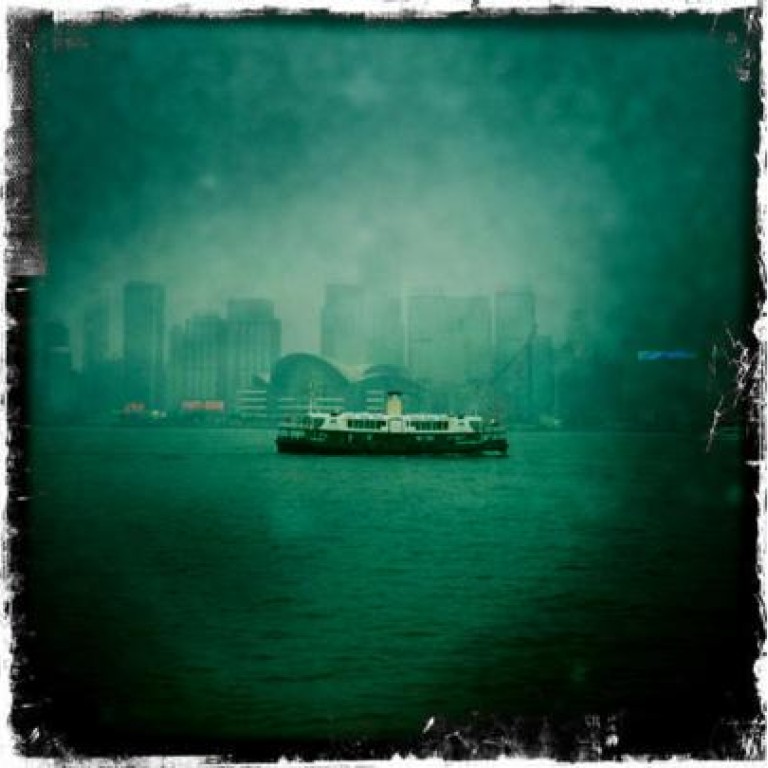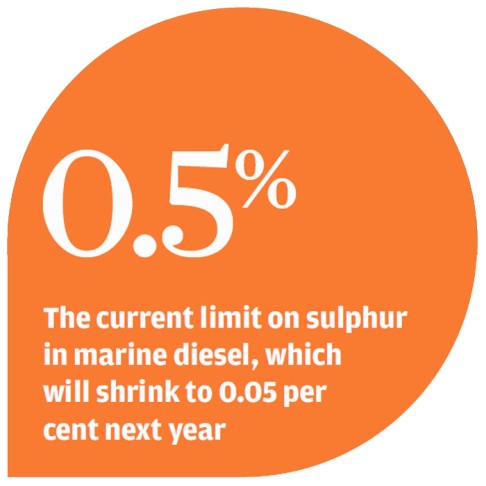
Marine diesel must be 10 times cleaner by 2014
Around 15,000 vessels would switch to diesel with 10 times less sulphur under proposed rules
Over 15,000 diesel-powered vessels could be forced to use fuel with 90 per cent less sulphur, after a trial found the cleaner alternative had no impact on vessels' mechanics or consumption, under a government proposal.

The proposal will be tabled to the legislature this year and will force operators of vessels, including ferries, high speed boats, barges, tug boats and cross border vessels, to use diesel containing no more than 0.05 per cent sulphur from 2014.
The cap is 10 times stricter than the current 0.5 per cent limit on sulphur in marine diesel.
However, the upgraded fuel still has 50 times more sulphur than the Euro V diesel being used for road transport. That diesel only has 0.001 per cent sulphur.
In a paper submitted to lawmakers yesterday, environment officials said a trial completed in January this year found the cleaner fuel would not damage older engines.
The trial, conducted by University of Hong Kong specialists, also confirmed there was no significant change in fuel consumption or power output after the switch.
Officials said there would not be a substantial difference in costs, as their most updated figures showed the low sulphur diesel was just seven cents per litre more expensive.
They quoted oil companies' forecasts that the price differential could be even narrower in the future.
Johnny Leung Tak-hing, general manager of Star Ferry, however, remained sceptical over the fuel costs. "The industry is worried whether the seven cents difference is true or not ... we hope the government can give us more guarantees and data to support their claims," he said.
Leung said the government had also tested local vessels on ultra low sulphur diesel, which had a sulphur content of 0.005 per cent in 2001 but concluded that it was too expensive. The government at that time pledged the ultra-low-sulphur diesel would cost just 20 cents more per litre, but the difference rose to around HK$1 eventually, he said.
Officials said the fuel market was a free one and there was nothing the government could do to control price setting.
Leung also said some diesel vessel operators also wanted the government to subsidise them replacing old engines.
"The road transport operators are given subsidies to replace their vehicles. But we have got not even a single cent," he said.
The Environmental Protection Department estimated that the switch could reduce sulphur dioxide emissions by 3,219 tonnes a year, representing a 19 per cent reduction of the marine sector's total emissions in 2011.
The marine sector, including ocean-going vessels, has overtaken power plants as the largest source of sulphur dioxide, nitrogen oxides and respirable suspended particles.
